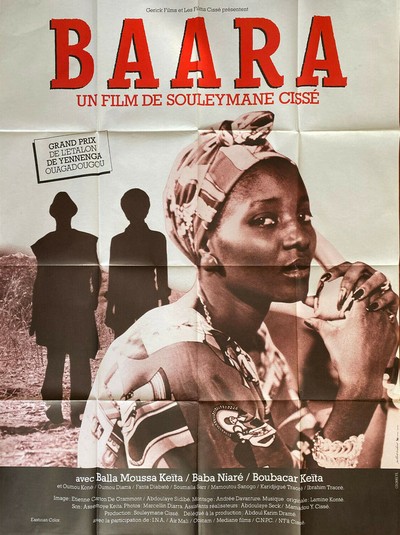Films A-Z
 Souleymane Cissé, Mali
Souleymane Cissé, Mali
Souleymane Cissé was one of Africa's most admired and respected filmmakers. Born in Bamako, Mali in 1940, Cissé went to high school in Dakar, Senegal. He began his film career as a film projectionist and was moved to begin creating his own films during a screening of a documentary film about Patrice Lumumba's arrest. He obtained a scholarship to the VGIK in Moscow. He then returned to Mali and joined the Ministry of Information as a cameraman, where he produced documentaries and short films. In…

 Baara
Baara
Souleymane Cissé
Mali, 1978
Mali
1978
93 min.
35mm, DVD
CH, DE, AT
Bambara/d/f + i
The first feature film ever produced in Mail, Baara (The Porter) is about a young man caught in the ...
More

 Den Muso – La Fille
Den Muso – La Fille
Souleymane Cissé
Mali, 1975
Mali
1975
88 min.
DVD
CH, DE, AT
Bambara/d/f
A young mute woman is raped and becomes pregnant, with disastrous consequences within her family. ...
More

